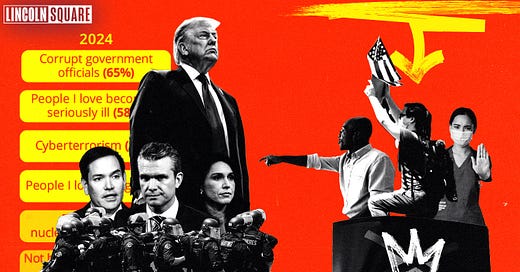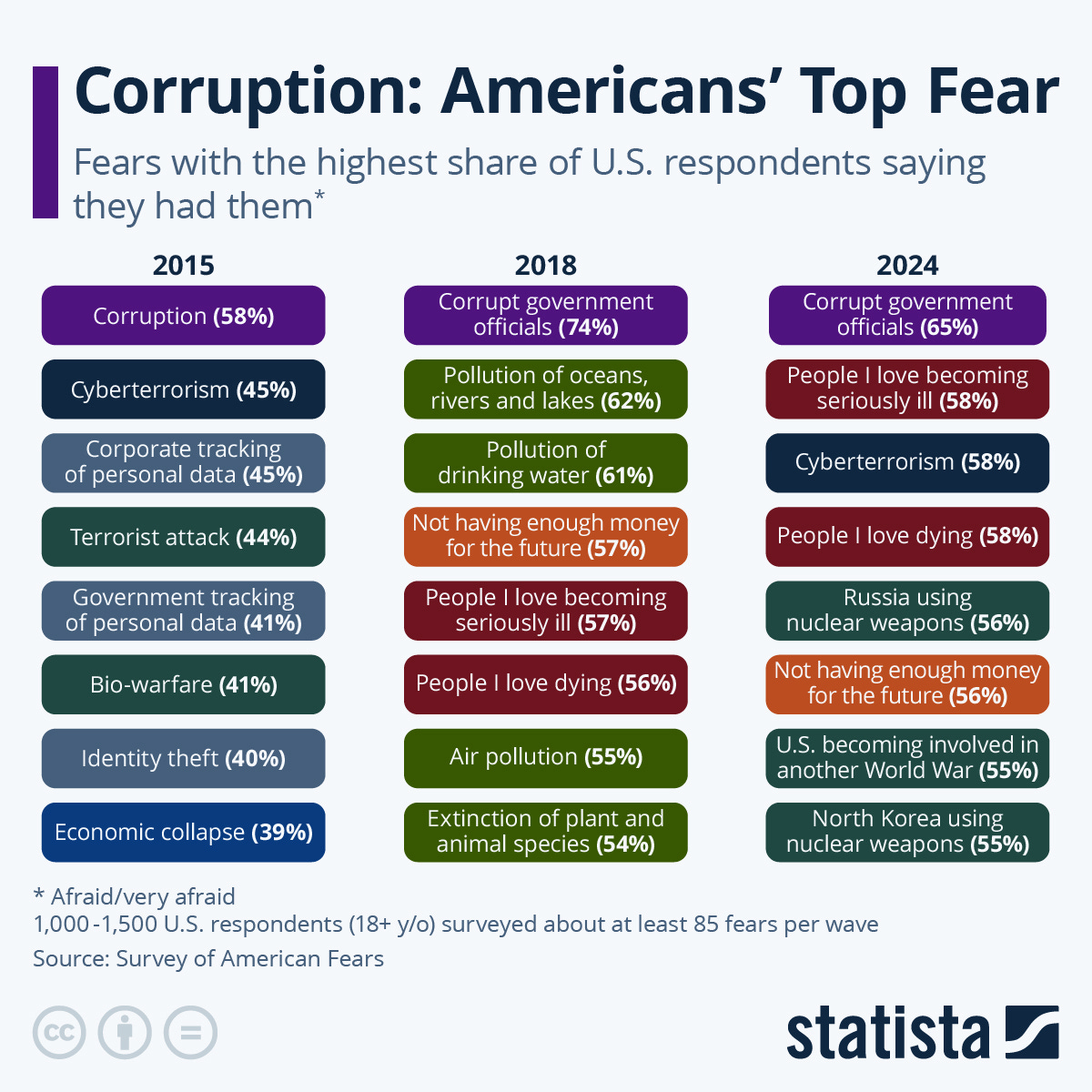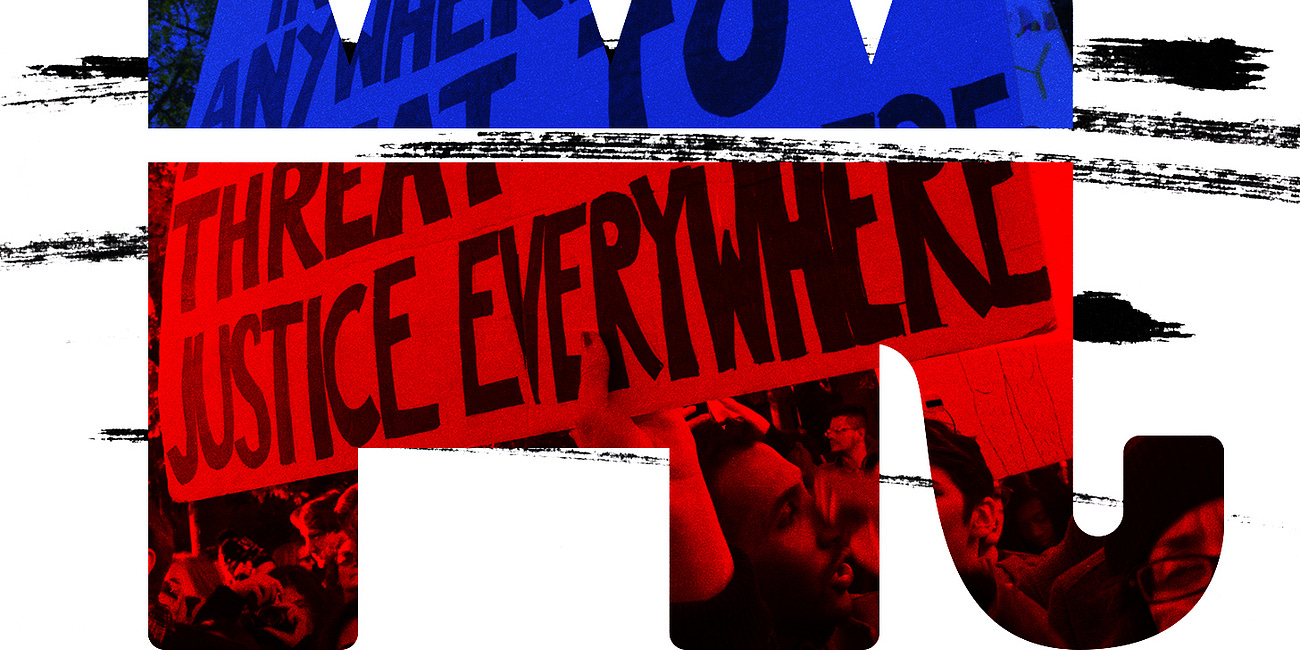Why Authoritarians Manufacture Crisis
Democracies don’t die because people stop caring. They die because people get scared — and they let the wrong person promise them safety.
By Trygve Olson
This is the fourth in an eight-part series on the lessons I’ve learned confronting autocrats over the past twenty-five years. From post-Soviet capitals to American battlegrounds, I’ve seen how authoritarianism grows — and how democracy survives.
Autocrats need fear like a fire needs oxygen.
I’ve worked in countries where regimes manufactured crises just to tighten their grip. A suspicious explosion, a manufactured enemy, a public health panic without transparency — each crisis became a justification to silence dissent, bypass institutions, and consolidate power.
That’s the difference between fear states and free states. In a free state, fear brings people together. In a fear state, it drives them apart.
In Belarus, Lukashenko used national emergencies to justify his surveillance state. In Central Asia, I watched governments stoke religious fears to imprison opposition leaders and brand civil society as foreign agents. The pattern repeats: Create panic, then pose as the only solution.
And we’ve seen this same script unfold here at home. The southern border was turned into a manufactured national security crisis, described as an “invasion” — not a policy issue, but a military threat. Nearly 10,000 troops were deployed, not for safety, but for spectacle.
The Alien Enemies Act — a wartime relic from 1798 — was invoked to detain and deport Venezuelan migrants, citing gang affiliations with minimal evidence. It’s the same move I’ve seen from autocrats worldwide: Take a law meant for rare emergencies and use it to bypass due process.
And like many regimes I’ve confronted abroad, we’ve seen attacks on institutions — including the revocation of a major university’s ability to enroll international students, citing vague claims of noncompliance and antisemitism. This wasn’t about education. It was about punishing perceived enemies. I’ve seen this done in post-Soviet states when universities became too independent or media outlets too critical.
What’s especially dangerous is how quickly this formula adapts. After 9/11, we saw questioning government policy branded unpatriotic. During COVID, fear was weaponized as a loyalty test, undermining scientists, governors, and the truth itself.
Fear was the constant. The threat shifted. But the message stayed the same: Only I can protect you. And if I can’t, then no one should.
That’s textbook authoritarianism. When fear is the organizing principle of a political movement, the outcome is always the same: Emergency powers. Broken norms. Disenfranchisement. Scapegoating. Violence.
Democracies don’t die because people stop caring. They die because people get scared — and they let the wrong person promise them safety.
That’s why we have to be clear: the way to defeat authoritarianism isn’t with bigger fear. It’s with better courage.
Not blind optimism. But the kind of courage that says: we can tell the truth, we can take care of each other, and we don’t need a strongman to save us from a world that isn’t ending.
Because if we let fear govern us, democracy won’t.
And so today, if you’re feeling the weight of another manufactured crisis, here are three simple acts of hope you can choose:
1. Choose clarity over chaos. Don’t amplify panic. Ask questions. Share real information. Fear thrives in confusion — and dies in the light of clarity.
2. Encourage someone who’s helping. A teacher. A nurse. A local official trying to do the right thing. Crisis is isolating — but encouragement reconnects. Remind someone their work matters.
3. Give a damn, out loud. Whether it’s checking in on a neighbor or writing your representative, the act of caring — visibly, vocally — pushes back against fear’s most dangerous side effect: silence.
Autocrats build their power on panic. We rebuild our courage through presence, truth, and each other.
Trygve Olson is a strategist, pro-democracy fighter and a founding Lincoln Project advisor. He writes the Searching for Hope Substack. Read the original column here.
To the Disillusioned Conservative Who Still Loves America
You’re not alone. And you’re not wrong to feel betrayed.








